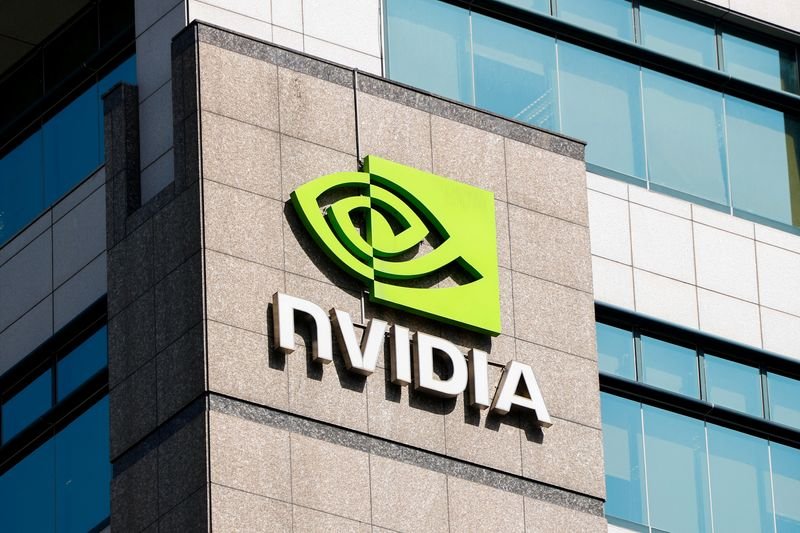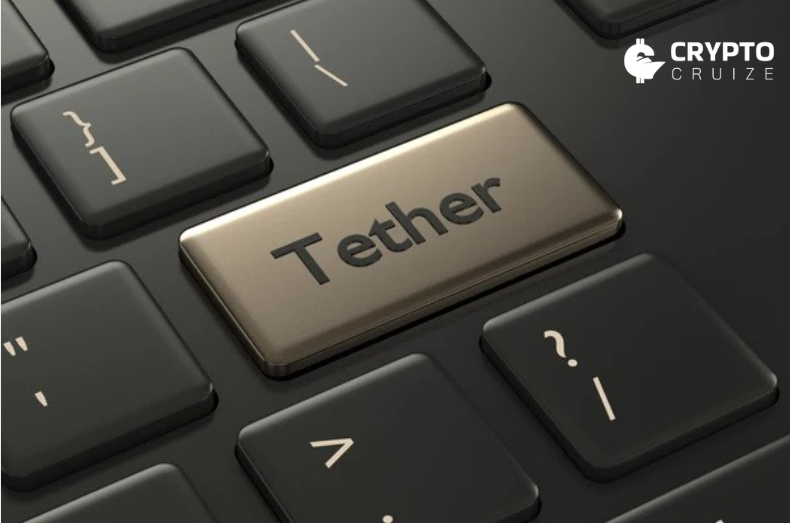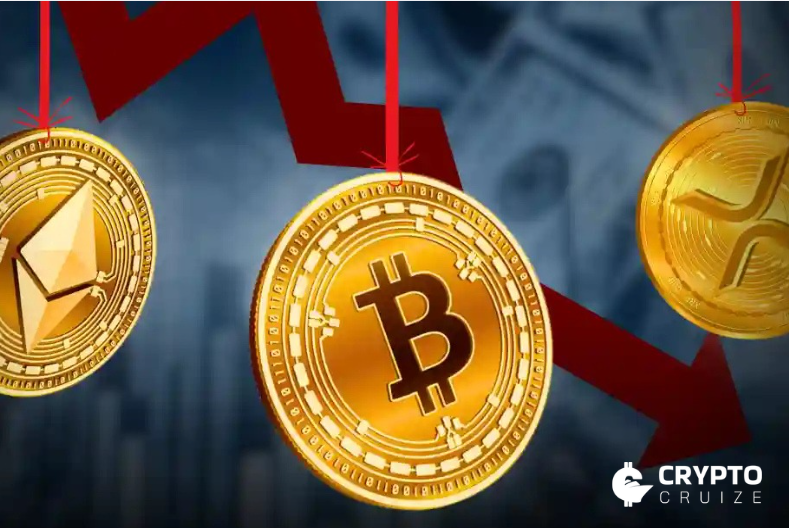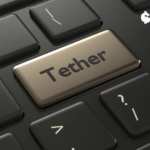Nvidia, the world’s leading AI chipmaker, has announced a monumental partnership with Saudi Arabia’s Humain, a subsidiary of the Public Investment Fund (PIF), to build high-powered AI factories in the Kingdom. The announcement, coming on the heels of Saudi Arabia’s $600 billion strategic pact with the United States, signals a bold push toward AI dominance in the Middle East. The deal is poised to reshape global AI infrastructure and potentially restore Nvidia’s status among the world’s most valuable companies.
This ambitious venture is not only pivotal for Saudi Arabia’s Vision 2030 but also cements Nvidia’s strategic response to escalating geopolitical tensions and competitive threats from Chinese tech firms. Here’s a deep dive into what this partnership means for the crypto-leaning AI sector, investors, and the broader digital economy.
Saudi Arabia’s Mega Bet: 500MW AI Factories with 18,000 Nvidia Chips
As part of the deal, Saudi Arabia’s Humain will deploy 500 megawatts of AI computing infrastructure powered by 18,000 of Nvidia’s GB200 Grace Blackwell chips. These AI supercomputers represent the next phase of high-performance computing, making Saudi Arabia a key hub for global GPU-based AI and cloud development.
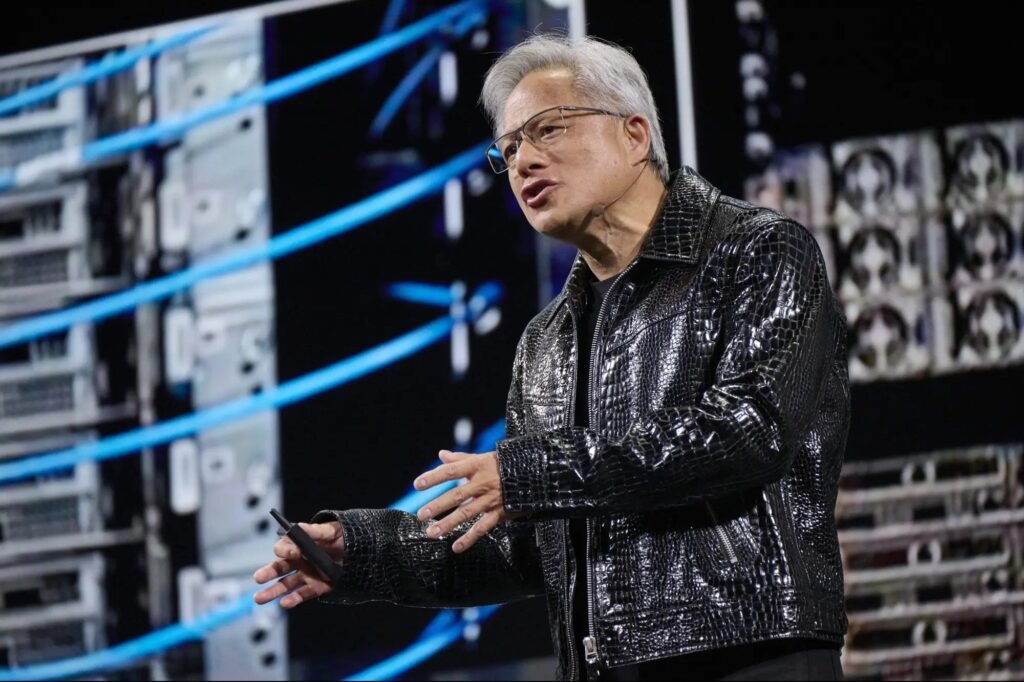
The first phase of the initiative, set over five years, reflects a wider ambition to place the Kingdom at the centre of the AI revolution. According to Nvidia CEO Jensen Huang, “AI, like electricity and the internet, is essential infrastructure for every nation.” This project aligns directly with the digital transformation pillar of Saudi Vision 2030, a long-term framework to diversify the Kingdom’s economy away from oil dependence.
For crypto and AI enthusiasts, the buildout of such powerful data centres could unlock new capabilities in blockchain-powered AI applications, decentralised GPU access models, and sovereign AI ecosystems, especially in regions historically dependent on Western tech infrastructure.
Strategic Timing: Trade War Relief Fuels Nvidia’s Market Recovery
The announcement couldn’t have come at a better time for Nvidia. After months of market uncertainty triggered by escalating US-China trade tensions, Nvidia shares soared 5.4% on Monday and an additional 2.7% on Tuesday, nearly pushing its market cap back to the $3 trillion mark—just short at $2.9997 trillion.
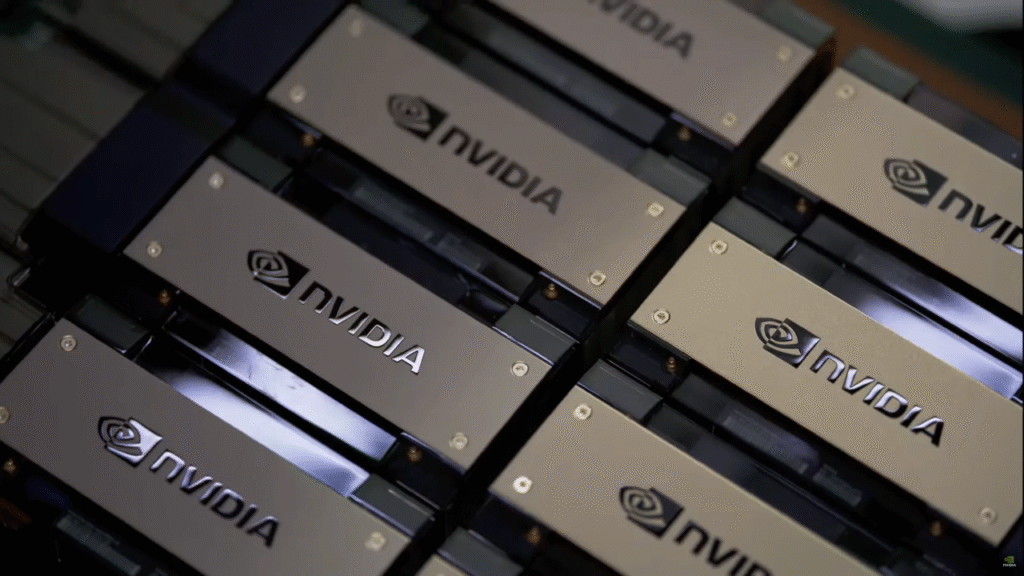
The rally was catalysed by a temporary 90-day tariff cut from 145% to 30% on Chinese imports by the Trump administration, signalling a brief truce in the tech-focused trade war. Nvidia, one of the biggest casualties of earlier trade bans, has faced restrictions on its AI chips like the Hopper H20 series to China—impacting revenue by as much as $16 billion in the current fiscal year, according to JPMorgan.
However, with the White House now scrapping the stricter Biden-era AI diffusion rule, Nvidia has been granted new lifelines to export and expand its reach beyond US shores. Saudi Arabia’s AI ambitions serve as a crucial outlet at a time when access to China remains fraught.
The Bigger Picture: AI Gold Rush Shows No Signs of Slowing
Despite facing setbacks in early 2025, Nvidia’s long-term prospects remain bullish thanks to the global AI spending spree. Tech giants like Microsoft and Meta have pledged continued capital infusion into AI infrastructure. Microsoft reaffirmed an $80 billion commitment, while Meta boosted its 2025 capex forecast to $72 billion, both citing heavy investments in data centres and Nvidia hardware.
This steady capital flow not only supports Nvidia’s bottom line but also keeps AI as a core area of interest for institutional investors. While Nvidia shares are down 8% YTD compared to the S&P 500’s <1% decline, the company’s 2024 performance—a 174% surge—shows its capacity to rebound quickly when macro conditions stabilise.
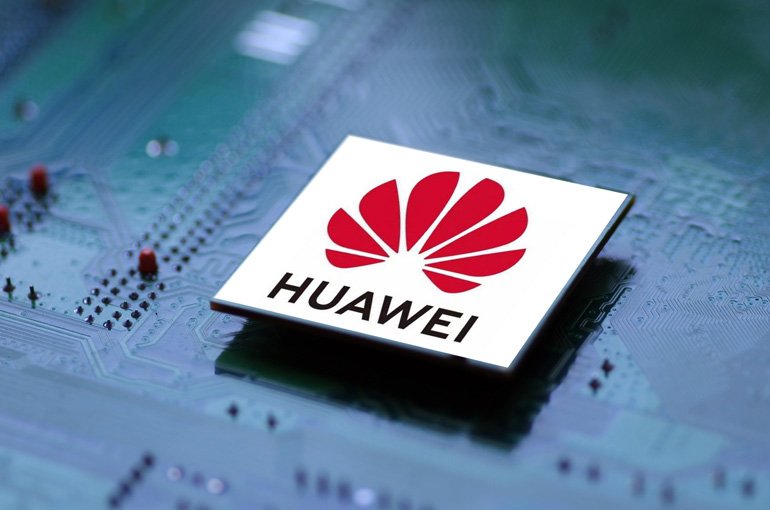
Moreover, the competition from China, particularly Huawei’s renewed chip efforts, adds urgency for Nvidia to forge strategic alliances outside of traditional Western tech bastions. Partnering with Saudi Arabia may allow Nvidia to circumvent geopolitical bottlenecks and reinforce its dominance in global AI supply chains.
Humain: The Saudi Crown Jewel of Digital Sovereignty?
Humain, though relatively unknown until now, is quickly emerging as a powerful force in global tech policy. Backed by the Saudi PIF, it represents the Kingdom’s ambition to assert sovereignty over digital infrastructure and data autonomy.

The use of Nvidia’s GB200 Grace Blackwell AI chips—products at the frontier of AI computation—implies not just a purchase agreement but a technological transfer that positions Saudi Arabia as more than just a customer. It signals the rise of nation-backed AI capabilities that could challenge Western tech hegemony in the years ahead.
This development could open doors for native AI models trained on regional data, decentralised digital ID systems, and even crypto-smart infrastructure powered by these AI factories. Saudi Arabia may well position itself as a neutral AI power between the US and China, much like how it once balanced relationships in the energy sector.

